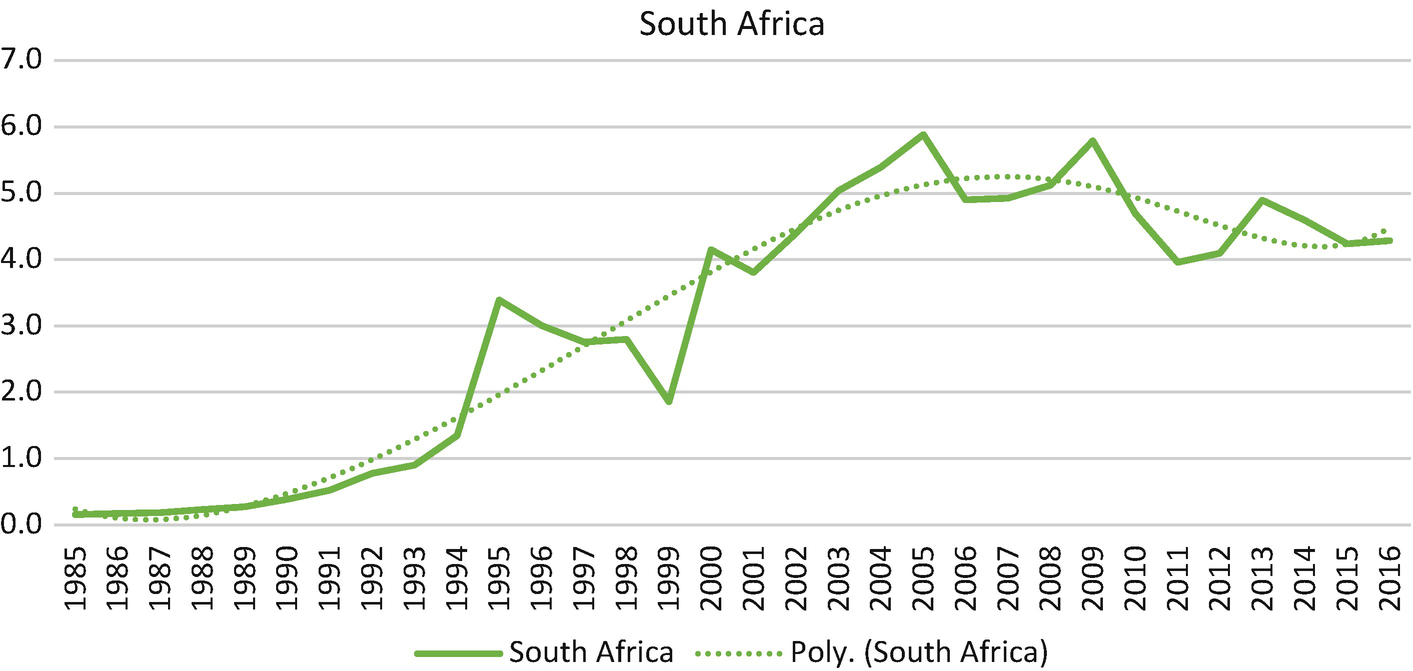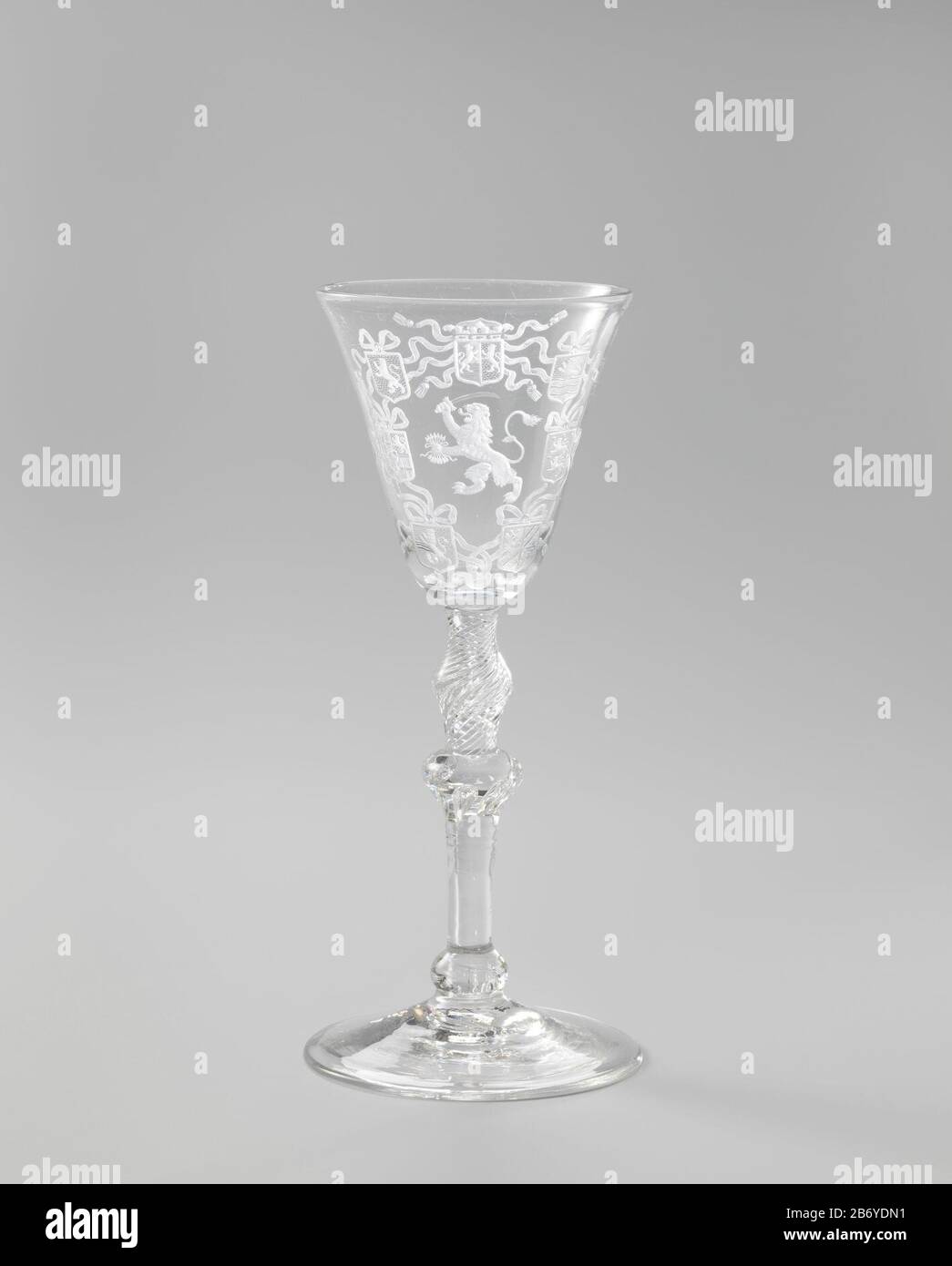


In this way, alcohol became a marker of racial hierarchy, as it did in the settler colonies. Coloureds in the Cape, who provided a captive source of farm labour and the largest market for wine, were specifically exempted. However, Black South Africans were debarred from purchasing bottled beer, wine or spirits until 1962. In South Africa, profits from municipal beer-halls, selling a version of manufactured beer that mimicked what rural Africans drank, underwrote the costs of implementing segregation and later apartheid. It is ironic, therefore, that colonial regimes, especially in British West Africa, came to depend heavily on the revenues derived from imports of Dutch gin and other distilled products made in Europe. The extension of colonial rule to the continent was partly justified in terms of a commitment to drive out the noxious trade in 'spiritous liquors' (the 1890 Brussels Convention). If anything, the moral associations of alcohol have become more pronounced over the course of the twentieth century. In the Senegambia, for example, conversion was typically signified by a renunciation of palm-wine. At the same time, abstention from alcohol became an important marker of identity amongst Muslim reformers seeking to create an alternative conception of community. During the era of the slave trade, the importation of distilled alcohol (rum, but especially gin) further reinforced the linkage between distinction and access to alcohol, and also became integral to religious practice. While alcoholic drinks have often been made by women, it is senior men who typically defined who could drink, how much and in what contexts.

Fermented drinks have typically been a source of vital nutrients, but at the same time they have inscribed social hierarchies, based on a combination of political precedence, gender and generation. Introduction | Selected titles: Wine - Beer - Alcoholic beverages | Selected (web) resources IntroductionĪfricans have been making and imbibing alcoholic beverages from a wide array of fruits, grains and other natural substances for as far back as the historical record goes, and continue to do so: ranging from palm-wine in coastal West and East Africa, to banana beer in the Great Lakes region, to mead ( tejj) in Ethiopia and maize/sorghum beer across Southern Africa.


 0 kommentar(er)
0 kommentar(er)
